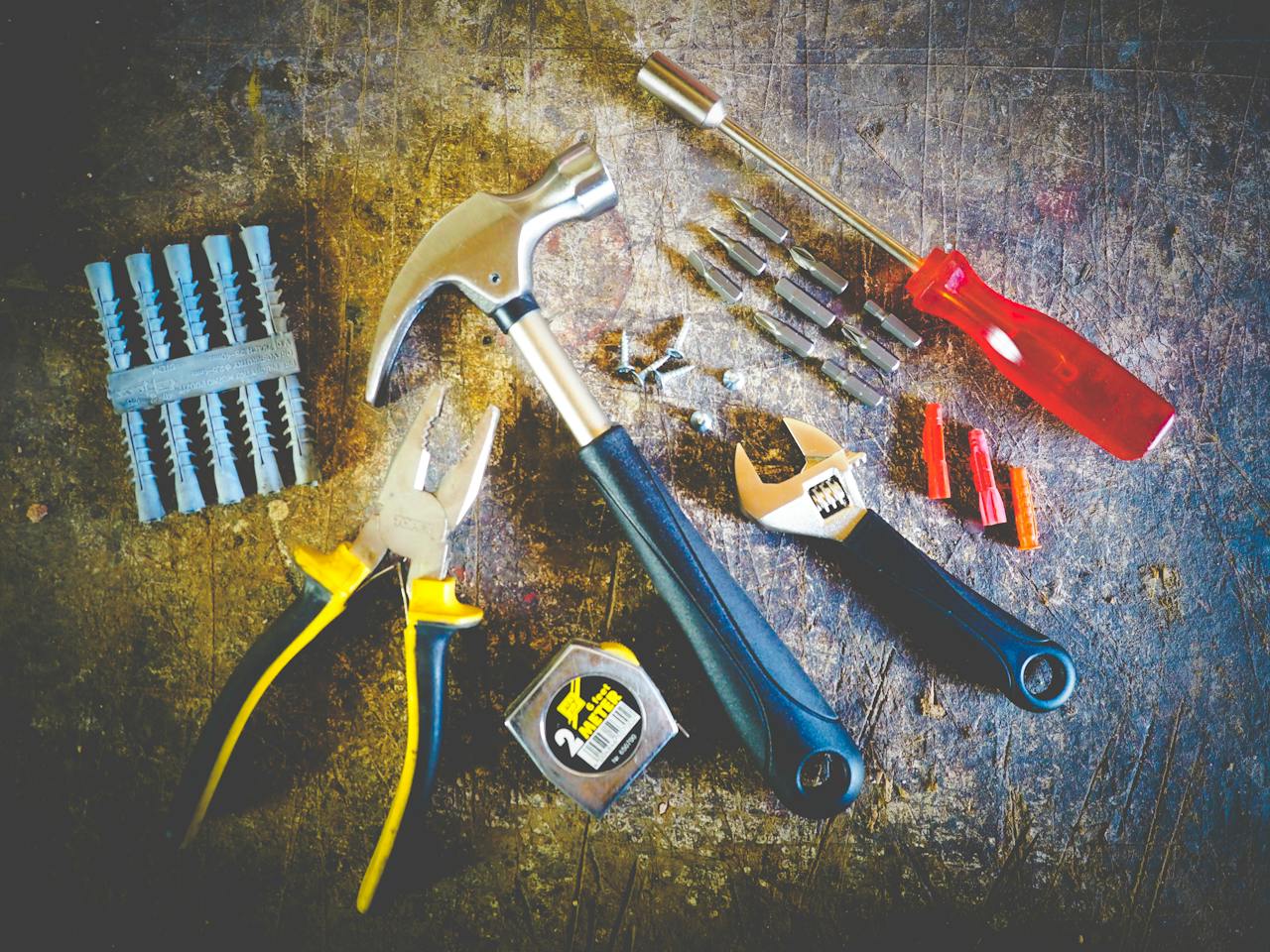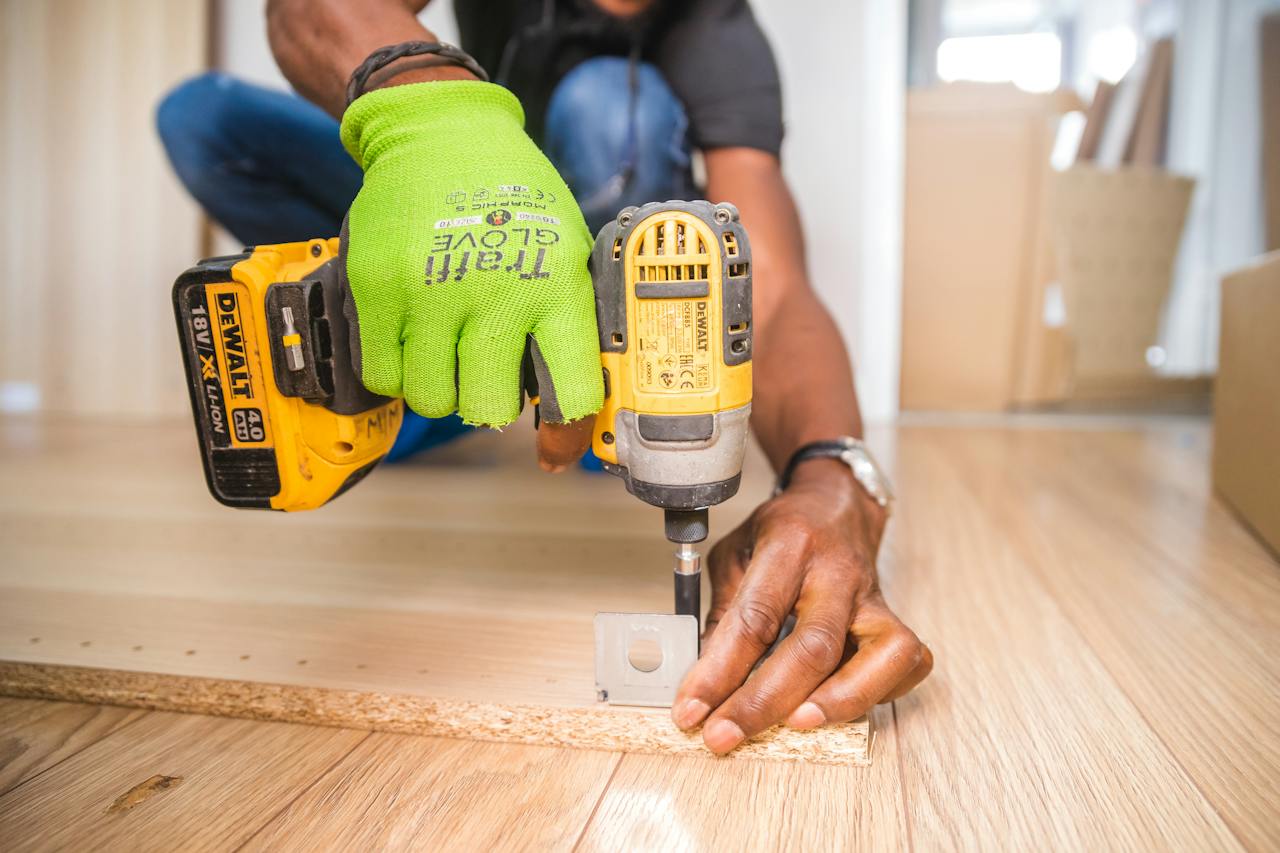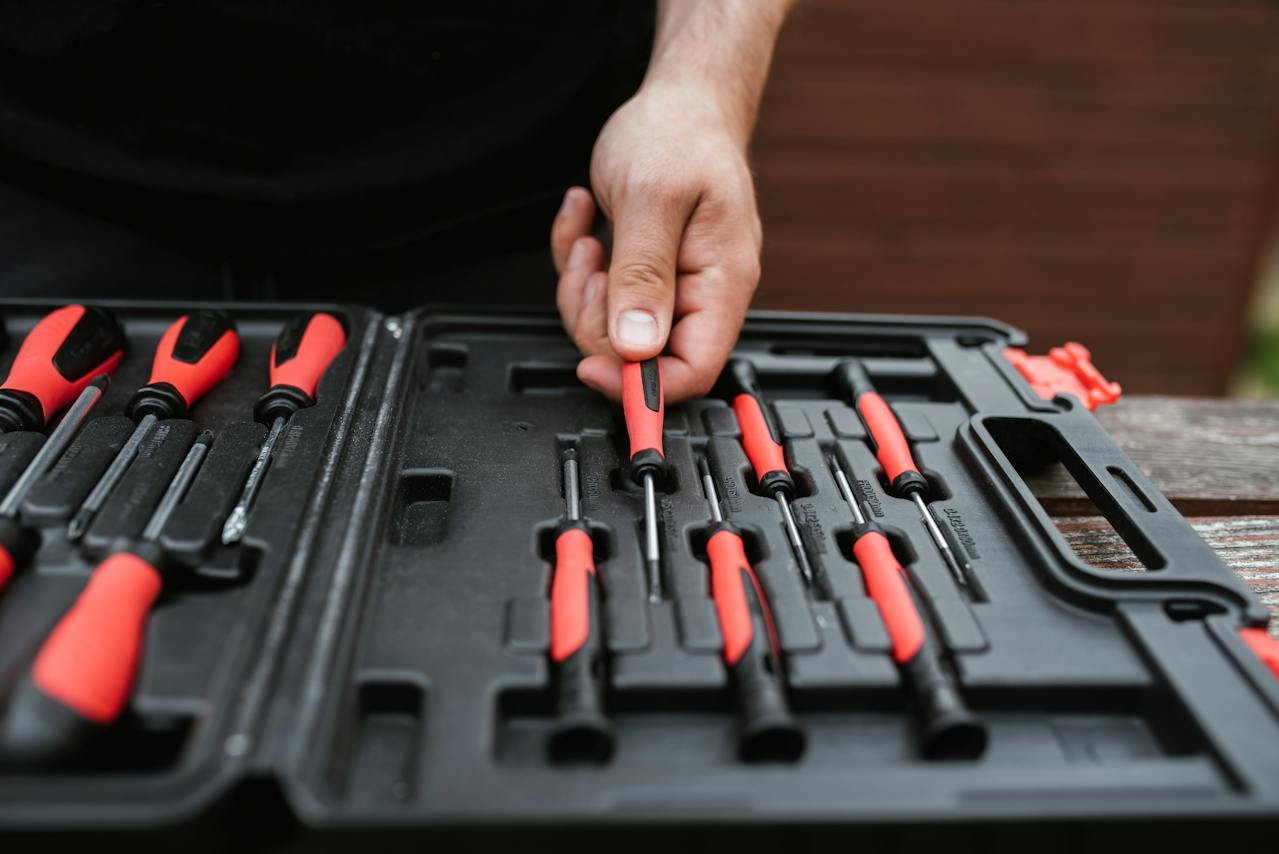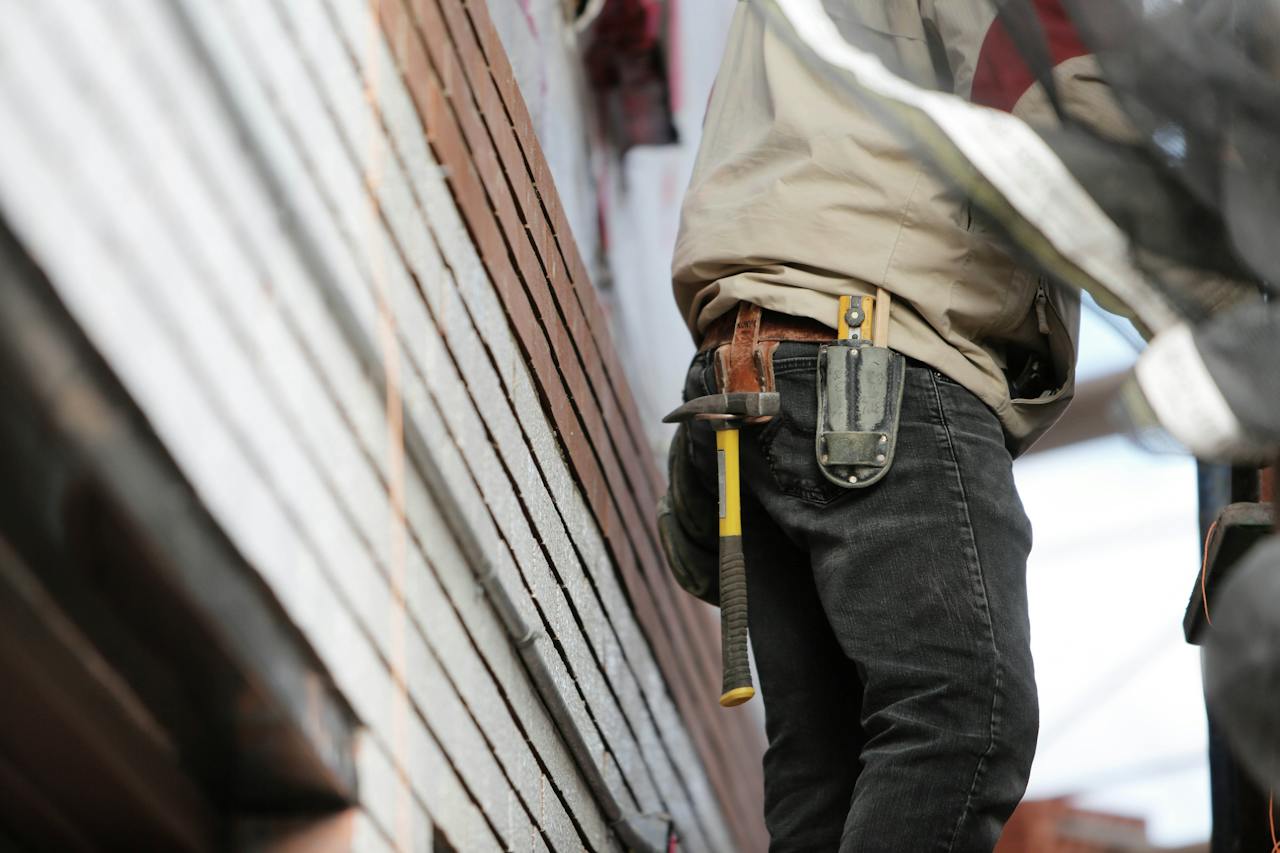For minor repairs and renovations at home, hiring a handyman would be the best option instead of doing those on your own. The handyman would typically have the experience, skills, and knowledge needed to do the repairs and renovations with care and efficiency.
Because of how many handymen are available in numerous areas, which could include the area where your home is located, it can be quite difficult to know which handymen are better than the others. To help you make better decisions when it comes to picking a handyman, here are 20 questions that you should ask before hiring one.
1. Are you licensed and insured for handyman work?
A licensed and insured handyman is crucial for legal and safety reasons. Licensing indicates they have met certain industry standards, and insurance protects you from liability in case of accidents or property damage. It’s a mark of professionalism and a safeguard for both parties.
2. How long have you been working as a handyman?
Experience is a significant factor in a handyman’s ability to handle various tasks. More years in the field often mean a broader range of skills and the ability to troubleshoot unexpected problems. An experienced handyman will also likely have a more established reputation.
3. Can you provide references or examples of similar work you’ve done?
References and examples of past work offer insight into their quality and reliability. It’s beneficial to hear from previous clients and see examples of completed projects, as this can provide a realistic expectation of the results you can expect.
4. Do you have expertise in the specific type of work I need?
Handymen often have areas of specialty or greater experience. If your project requires specific skills, like plumbing or electrical work, it’s crucial to ensure the handyman has the necessary expertise.
5. How do you charge – hourly or a flat rate?
Understanding the billing method is essential for budgeting. An hourly rate might be better for smaller jobs, while a flat rate can be more economical for larger projects. Clarifying this upfront helps prevent surprises in the final bill.
6. Can you provide a written estimate before beginning the work?
A written estimate helps in understanding the expected cost and scope of the project. It should detail labor costs, materials, and any other potential expenses. This transparency helps in making informed decisions and budgeting.
7. Do you offer a warranty or guarantee on your work?
A warranty or guarantee reflects the handyman’s confidence in their craftsmanship. It also provides you with recourse if the work does not meet expectations or if issues arise after completion.
8. What is the expected timeline for this project?
Knowing the timeline aids in planning and setting realistic expectations. It’s important to know how long the project will take and how it fits into your schedule, especially if the work is disruptive to your daily routine.
9. How do you handle changes or unexpected complications during a project?
Flexibility and adaptability are important in a handyman. Knowing their process for handling unforeseen issues, additional costs, and changes in scope helps you prepare for any adjustments during the project.
10. What types of tools and materials do you typically use, and can I provide my own?
The quality of materials and tools can impact the outcome of the job. Discussing whether they use professional-grade equipment and if you can provide your own materials offers insight into how they manage their work and can affect the overall cost.
11. How do you communicate with clients during a project?
Effective communication is key in any project. Clarifying how they will update you on progress, changes, or issues ensures you’re kept in the loop and can make timely decisions.
12. Do you clean up after completing the job?
Cleanup practices are a sign of professionalism. It’s important to know if they handle the removal of debris and cleanup, as this can save you time and effort post-project.
13. Who will be performing the work? Will you use subcontractors?
Knowing who will be in your home is crucial for safety and accountability. If subcontractors are used, it’s important to know if they are also licensed and insured.
14. What are your safety protocols during a project?
A professional handyman should prioritize safety to prevent accidents and damage. Discussing their safety measures ensures they are conscientious and responsible in their work environment.
15. What preparations do I need to make before you start working?
Understanding if you need to prepare the workspace can help the project start smoothly. This might include clearing the area, securing pets, or other specifics that facilitate the work.
16. How is payment handled? Do you require a deposit?
Knowing the payment structure and if a deposit is needed helps in financial planning. It’s also important to clarify acceptable payment methods and terms.
17. Are there types of jobs you don’t handle?
Understanding the limits of their expertise ensures your project is within their capabilities. Some handymen may not handle specific tasks due to a lack of expertise or licensing restrictions.
18. How do you keep your skills and knowledge up to date?
A handyman who actively updates their skills and industry knowledge is likely to provide higher-quality work. This can be through ongoing training, certification, or staying informed about the latest industry standards.
19. What is your policy if I am unsatisfied with the work?
Knowing how they address dissatisfaction or complaints is important. It shows their commitment to customer satisfaction and quality of service.
20. Can you provide documentation or receipts for all work completed and purchases made?
Having documentation is important for your records, future maintenance, or warranty claims. It should include detailed descriptions of the work performed and any materials used.
Conclusion
These questions cover a range of important factors, from the handyman’s qualifications and experience to the specifics of how they manage their work and client relationships. Asking these questions will give you a comprehensive understanding of what to expect and help ensure a successful project outcome.




